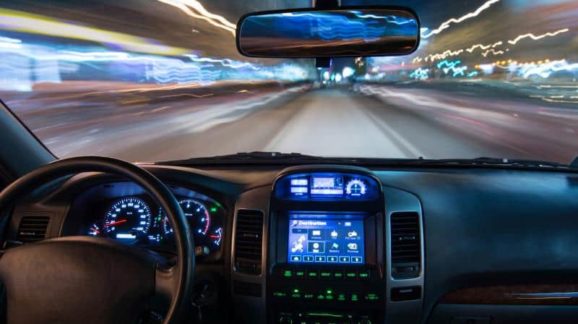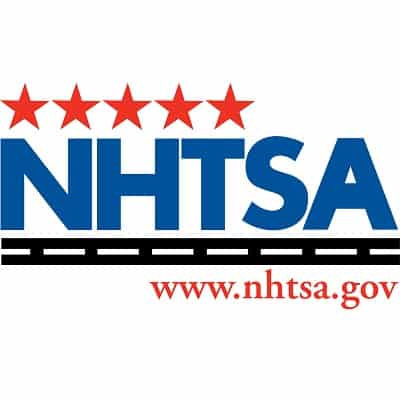CEI Comments on Possible Federal Automated Vehicle Pilot Program

 Today, the Competitive Enterprise Institute submitted comments to the National Highway Traffic Safety Administration (NHTSA) in response to its advance notice of proposed rulemaking on the Pilot Program Collaborative Research on Motor Vehicles with High or Full Driving Automation.
Today, the Competitive Enterprise Institute submitted comments to the National Highway Traffic Safety Administration (NHTSA) in response to its advance notice of proposed rulemaking on the Pilot Program Collaborative Research on Motor Vehicles with High or Full Driving Automation.
While we remain skeptical of the potential benefits of a federal automated vehicle pilot program, we made three related recommendations if such a pilot were to take shape in the coming years:
- NHTSA’s pilot program should focus on prototype vehicles that least conform to Federal Motor Vehicle Safety Standards (FMVSS). Examples include vehicles with unconventional seating configurations in passenger cabins, driverless light-duty cargo vehicles, and windowless passenger vehicles. The reason for focusing federal attention on these weird designs is they are likely to face the most difficulty in securing traditional FMVSS exemptions and that merely replicating the billions of dollars in annual private investment in automated vehicle R&D risks crowding out that private R&D for no net innovation benefit.
- Any meaningful pilot program would likely require action from Congress—namely, increasing the annual cap on FMVSS exemptions. NHTSA should make a clear appeal to Congress on what tools it lacks to get a successful pilot program off the ground.
- NHTSA should utilize its Section 30114 exemptions, which are traditionally used for noncompliant foreign imports, to allow unconventional automated vehicles enrolled in the pilot program to demonstrate their safety equivalence, but importantly should not make pilot program enrollment a prerequisite for Section 30144 exemption eligibility. As we put it, “Voluntary buy-in by developers to a voluntary pilot program is crucial for its potential success.”
Read the full comments here.